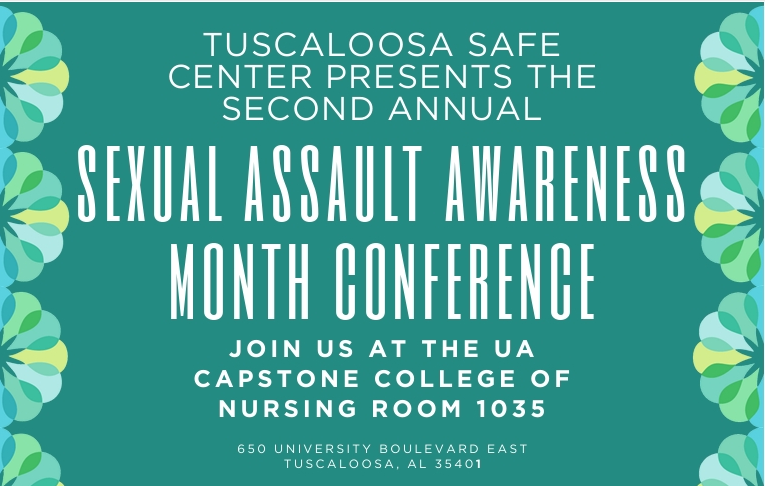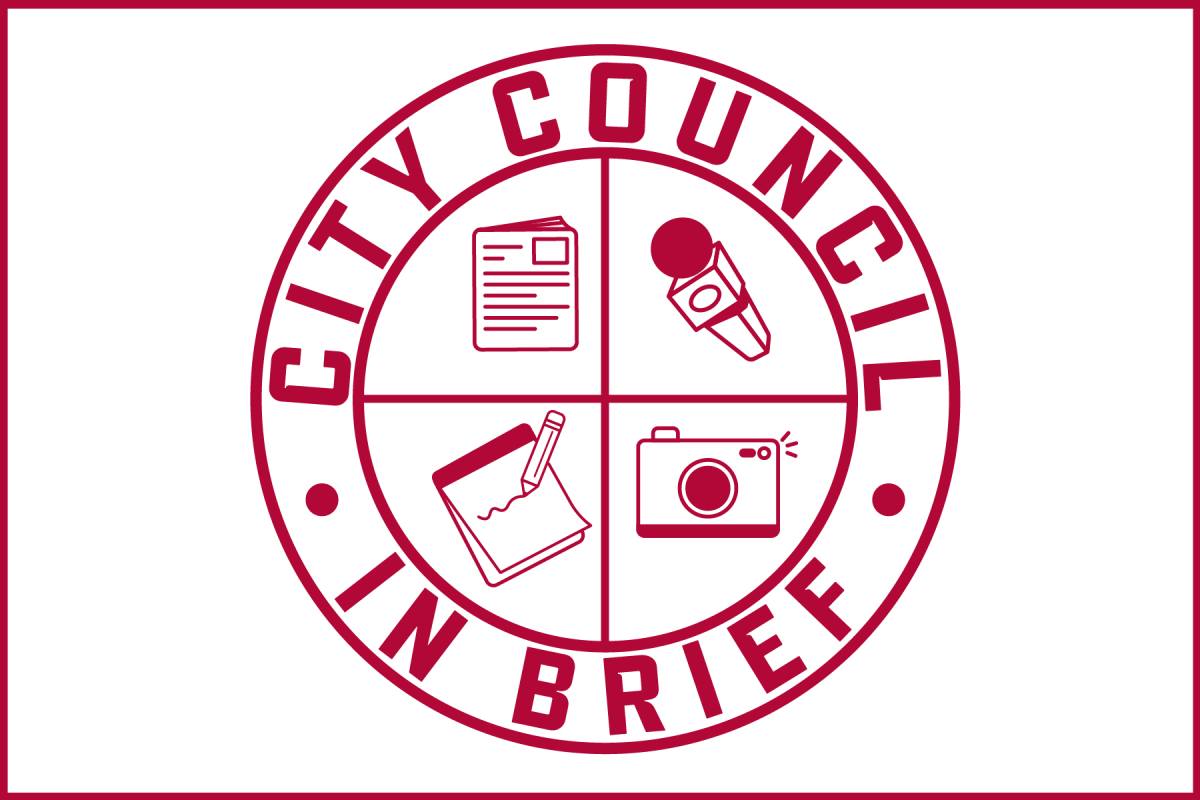Young adults in America today report being more stressed out than any other age group, according to a recent study.
According to the American Psychological Association, on a scale of 1-10 where one means “little or no stress” and 10 means “a great deal of stress,” people ages 18-33 are reporting an average of 5.4. The national average for all age groups is 4.9.
Patricia Parmelee, director of the Center for Mental Health and Aging, said 18 to 33-year-olds are reporting higher levels of stress because of the significant lifestyle changes that group of individuals undergoes.
“College is a time of a lot of change in one’s life – moving away from home, making new friends, adjusting to a different set of expectations,” Parmelee said. “Change is always stressful: even ‘good’ changes cause us to have to adjust everyday patterns of activities, learn new places and habits, accommodate new challenges.”
In addition to life changes, Parmelee said stress is subjective and depends on an individual’s experience. Younger people, including those in the 18-33 age demographic, don’t have as much experience coping with stress as older people, so the younger people will report having greater amounts of stress.
Parmelee said another reason 18 to 33-year-olds are more stressed than other age groups is due to a lack of security in career and finances. With the economy being down and the job market as tough as it is, young adults have more potential stressers.
“The economic downturn of 2008 is continuing to reverberate through American society, making the future uncertain for us all,” Parmelee said. “This may be particularly rough for college-aged individuals, because they are just launching their careers.”
Dante Altieri, a sophomore majoring in hotel and restaurant management, said he agrees with Parmelee about the uncertainty of the job market as a big reason why young adults are stressed. Concerned about his own future, Altieri said going into the restaurant industry will be very difficult and stressful after college.
“Even though I’m just a sophomore, I’m already stressed out about how I am going to find a job after I graduate,” Altieri said.
Although Altieri believes finding a job in either the hotel or restaurant industry is harder than most, he said students in other majors are just as stressed as he is.
“No matter what you’re studying, you are going to have trouble finding a job after college with the economy we have right now,” Altieri said. “If you aren’t stressed about the job market right now, you should be. Our generation is going to have a particularly rough time finding stability in life given the current economic and sociopolitical climate.”
When it comes to actually dealing with stress, Parmelee said college-age students cope in different ways – some healthy and others unhealthy. Parmelee said the best way to deal with large amounts of stress is to “get your head on straight” and to assume a “can-do attitude.”
“It is all about working with your own emotions to stay as positive as possible and look for that silver lining,” Parmelee said. “The worst thing anyone can do is spend time and energy dwelling on the negative aspects of the situation – what psychologists call catastrophizing. That just jacks the stress up further.”
Although Parmelee believes the “millennials” are more health-conscious than other generations, such as the Baby Boomers, some college-aged students turn to unhealthy coping mechanisms to deal with stress.
“One thing some college students do is to self-medicate: use alcohol, drugs or even ‘comfort food’ to soothe their emotions and get away from the problem,” Parmelee said. “A little self-medication isn’t necessarily a bad thing, but too much of this ‘emotion-focused’ coping sets you up to run from problems instead of facing them and dealing with them. That’s a bad habit to form, and it can cause real problems as you move through life.”
However, James Jones, a UA senior, said college-aged people also have opportunities to cope with stress through creative expression that other generations don’t have.
“I try to find constructive hobbies that can be intriguing and demanding but still enjoyable. Creative outlets like music and writing are great ways to deal with stress,” Jones said. “I feel like we are at an age where we have more opportunities to have a creative outlet to relieve stress. As you get older, I feel like you will lose the time and ability to find a hobby that can provide an escape from stress.”
Leading in today’s Crimson White:
Nursing, DCH to support recent UA graduates








